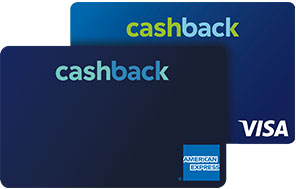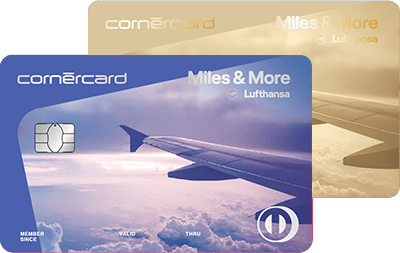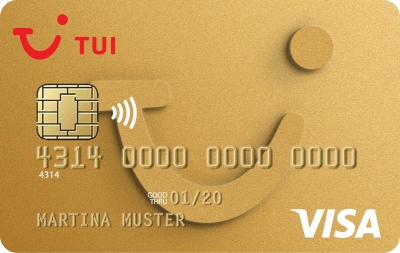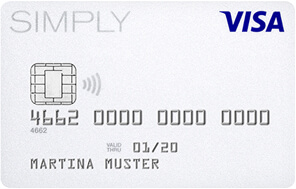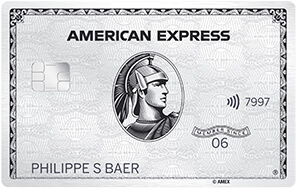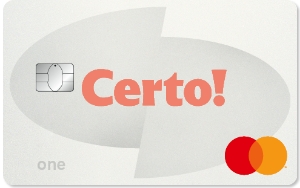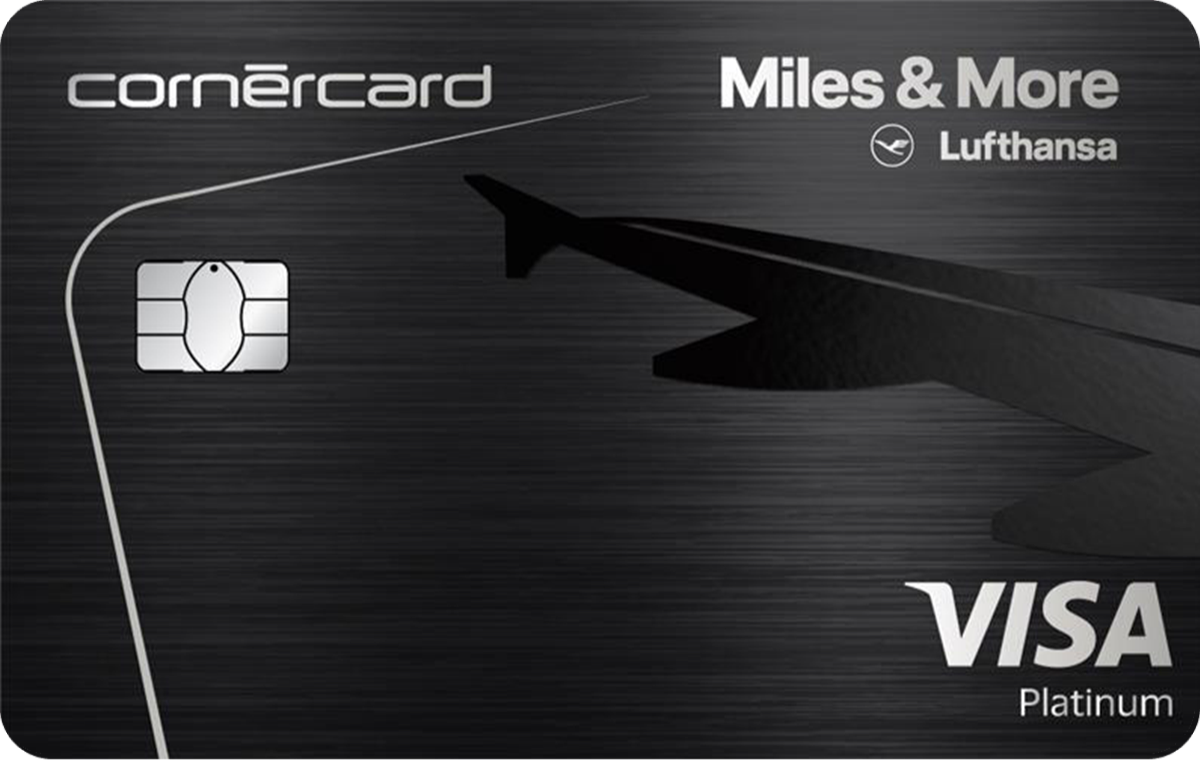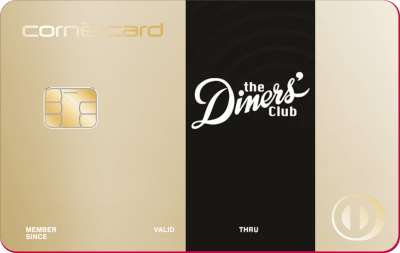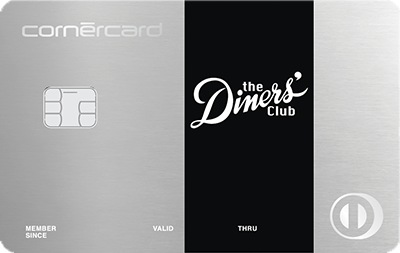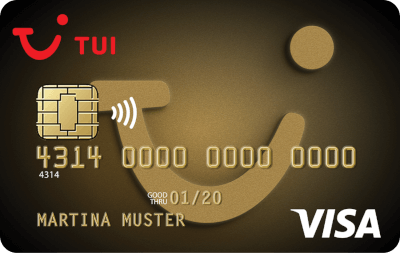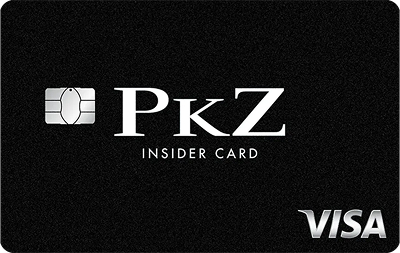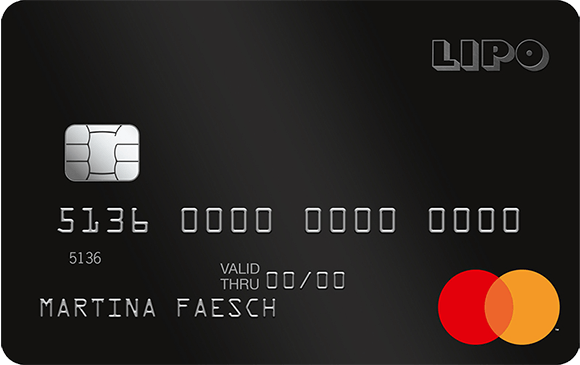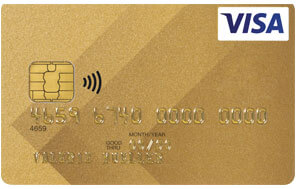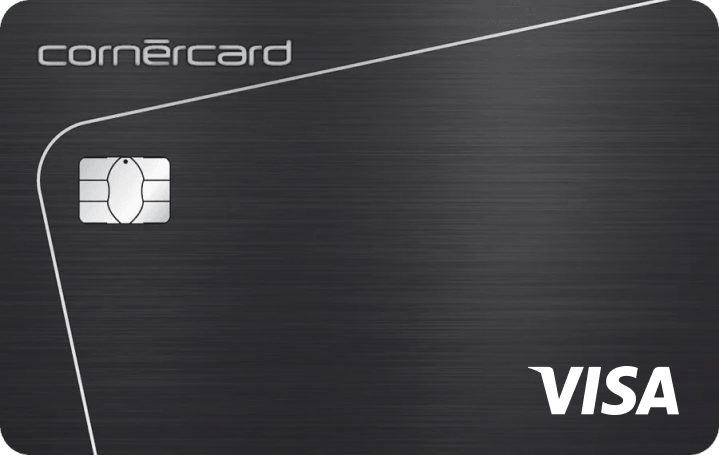What Makes a Credit Card the "Best" in Switzerland?
Look, here's the truth: the best credit card in Switzerland is whichever one matches how you actually spend money, not how you think you should spend money.
After years of testing cards and building GetRates, I've watched countless people make the same mistake. They pick premium travel cards because lounge access sounds fancy, then fly twice a year. Or they chase complex points programs they never optimize, ignoring simple cashback that literally just puts money back in their account.
Here's what actually matters: Swiss credit cards aren't like American or British ones. Most work as charge cards (you pay the full balance monthly), not revolving credit. So forget interest rates. Focus on annual fees, foreign transaction costs, and whether you'll actually use those shiny rewards.
The comparison table above ranks cards using real criteria that affect your wallet: fees, reward rates, insurance coverage, and actual user value. Below, I'll break down how to pick the right card without the marketing BS.
How Swiss Residents Actually Use Credit Cards
Most Swiss residents use debit cards for daily transactions like groceries and restaurants. Credit cards? Those are for online shopping, travel bookings, and earning rewards on bigger purchases. (You know, the stuff that actually matters.)
The average Swiss household puts CHF 15,000 to CHF 25,000 annually on credit cards. At these spending levels, annual fees become brutally important. A CHF 200 annual fee card needs to give you back CHF 200+ in real benefits just to break even. Otherwise, you're paying for the privilege of using a payment method.
Types of Credit Cards in Switzerland
Cashback Cards: Best for Simplicity
Cashback credit cards give you 0.25% to 1% of your spending back as actual money. No converting points, no partner restrictions, no expiration dates. You spend, you get cash. Done.
Swiss cashback rates are honestly kind of weak compared to North America (spoiler: most things about credit cards here are less generous). But here's why they're still great: a 1% cashback card returning CHF 200 annually on CHF 20,000 spending beats the hell out of complex points programs you'll never optimize. Trust me on this.
For detailed comparisons, see our guide to Best Cashback Credit Cards in Switzerland.
Travel Rewards Cards: Best for Frequent Flyers
Travel credit cards make sense when you fly more than four times a year, especially on SWISS or Star Alliance partners. You rack up miles through spending and convert them to flights. Business class redemptions can hit 1.5 to 5 cents per mile value (which is actually impressive).
Here's the thing: the insurance alone can justify these cards. Medical coverage up to CHF 1,000,000, trip cancellation protection, rental car insurance. Buy that separately and you're looking at serious money. But (and this is important) only if you actually travel enough to use it.
Our Best Travel Credit Cards comparison breaks down the insurance details by card.
Student Cards: Best for Building Credit
Student credit cards come with reduced or waived annual fees if you're between 18 and 30. They're basically training wheels for building Swiss credit history while giving you basic protection for online shopping. Credit limits stay modest (CHF 2,000 to CHF 5,000) so you can't wreck your finances too badly.
Here's the catch: these cards transition to standard products when you age out. Make sure you understand the transition terms before signing up. Nobody likes surprise fee increases.
See Best Student Credit Cards for current options.
Premium and Luxury Cards: Best for High Spenders
Premium credit cards are for people earning CHF 100,000+ annually who want airport lounge access, concierge services, and higher reward rates. Annual fees run CHF 300 to CHF 1,000+. (Yes, really.)
Value depends entirely on whether you actually use the benefits. Lounge access is worthless if you fly twice a year. Concierge services sound cool but honestly, when was the last time you needed someone to book a restaurant reservation you couldn't book yourself?
Compare options on our Best Premium Credit Cards and Best Luxury Credit Cards pages.
What Are the Most Important Factors to Compare?
CHF 0 to CHF 1,000+. The break-even math matters most.
1.5% to 2.5% on non-CHF purchases. Adds up fast.
Travel medical, purchase protection, extended warranty.
Points vs. cashback. Guaranteed returns vs. optimization.
Annual Fees: The Make-or-Break Number
Annual fees in Switzerland range from CHF 0 to CHF 1,000+. Here's your break-even math: annual fee divided by reward rate equals how much you need to spend just to recover the fee.
- Card annual fee: CHF 150
- Cashback rate: 1%
- Break-even spending: CHF 15,000
You need CHF 15,000 in spending before you see any actual benefit.
No-fee cards guarantee you're ahead no matter how little you spend. They're perfect for occasional users or anyone building credit history. Premium cards? Those require serious spending and benefit usage to justify the cost. There's no way around it.
Foreign Transaction Fees: The Hidden Cost
Foreign transaction fees add 1.5% to 2.5% on non-CHF purchases. Doesn't sound like much? On CHF 5,000 annual international spending, you're losing CHF 75 to CHF 125 to fees. Just gone. Poof.
For frequent travelers or cross-border workers, this adds up fast. If more than 20% of your spending is international, prioritize zero foreign transaction fee cards even if they have slightly higher annual fees. The math works out.
Insurance Coverage: Often Undervalued
Swiss credit cards bundle insurance that's worth hundreds of francs annually. Travel medical insurance can hit CHF 1,000,000 coverage on premium cards. Purchase protection covers new stuff against theft or damage. Extended warranty adds 12 months to manufacturer warranties.
Reward Structures: Points vs. Cashback
2-5x value on optimal redemptions. Requires active management.
Guaranteed 0.5-1% returns. Zero effort required.
Points programs (like Miles & More or hotel partnerships) can deliver 2-5x value on optimal redemptions. Sounds great, right? Except they require active management, strategic redemption, and constant worry about expiration dates.
Cashback programs give you guaranteed 0.5% to 1% returns with zero effort. Money just appears in your account.
The best choice? Honestly depends on whether you're the type who'll actually maximize points (be honest) or if you'd rather just have simplicity and guaranteed returns.
How Do I Apply for a Credit Card in Switzerland?
Documentation Requirements
Swiss credit card applications require the usual bureaucratic fun:
B permit, C permit, or Swiss passport.
Salary certificates or tax returns.
Utility bill or rental contract.
Existing account documentation.
Processing times range from instant approval if you're already a bank customer to 2-3 weeks for new applications that need income verification. (Switzerland moves at Swiss speed, which is to say: thorough and deliberate.)
Credit Assessment in Switzerland
Switzerland doesn't have centralized credit scores like the US system (no FICO here). Instead, banks check ZEK (Zentralstelle für Kreditinformation), which tracks negative credit events like defaults and bankruptcies.
Clean ZEK record? You're good. Multiple simultaneous credit applications? That can complicate things. The fix is boring but effective: pay on time, keep stable employment, don't apply for five cards at once.
Income Requirements by Card Tier
Basic cards typically need CHF 30,000 minimum annual income. Mid-tier cards want CHF 50,000 to CHF 80,000. Premium and luxury cards often require CHF 100,000+. (Yes, they actually check.)
B permit holders might get reduced initial limits that increase with demonstrated payment history. And here's the frustrating part: international credit histories don't transfer to Switzerland. New residents start from scratch, regardless of your perfect credit score back home.
What Are Common Credit Card Mistakes to Avoid?
People select premium cards for benefits they literally never use. Airport lounge access sounds fancy until you realize you fly twice a year. Concierge services collect dust. Hotel points pile up unredeemed.
A 2% fee on CHF 10,000 annual international spending costs you CHF 200. This single factor often makes no-fee cards superior despite lower reward rates.
Swiss credit cards charge 9% to 15% interest. Never treat credit cards as financing tools. Pay the full balance monthly, no exceptions.
Before you apply, be brutally honest: which benefits will you actually use in the next 12 months? Premium cards charging CHF 300+ annually are a waste if you're only capturing CHF 100 in real value. That's just expensive optimism.
Always calculate total cost including transaction fees. The math matters more than the marketing. If you need to borrow money, personal loans offer significantly lower rates. This isn't negotiable.
How Does the Swiss Credit Card Market Compare Globally?
The Swiss market has fewer cards than the US or UK, but the quality is solid. Visa and Mastercard dominate with near-universal acceptance. American Express exists but good luck using it at smaller merchants (they often don't accept it because of higher fees).
The UBS acquisition of Credit Suisse consolidated the market somewhat. Former Credit Suisse cards now integrate under UBS branding, though existing cardholders haven't seen much disruption.
Digital banks like Neon and Yuh launched app-based cards with lower fees, targeting younger consumers who don't need physical branches. Traditional banks responded with better mobile experiences while keeping their branch networks (because some people still like talking to humans).
Should You Have Multiple Credit Cards?
Multi-card strategies can optimize returns by using different cards for different spending. Like: high-rate travel card for flights, cashback card for groceries, no-foreign-fee card for international purchases.
Sounds smart, right? It is. But it requires organization and mental overhead. Most Swiss residents honestly benefit from one well-chosen card that matches their primary spending pattern instead of juggling multiple accounts.
If you're considering multiple cards, do the math: total annual fees can't exceed total benefits captured. Three CHF 100 annual fee cards must deliver CHF 300+ combined value to justify the complexity. Otherwise, you're just making your life harder for nothing.
How to Compare Credit Cards on GetRates
The comparison table above shows real-time data on annual fees, reward rates, and key features. Filter by card type, spending level, or specific requirements to narrow your options.
Click individual cards for detailed breakdowns including insurance coverage, acceptance networks, and application requirements. Our methodology weights factors based on actual Swiss resident needs, not what card issuers want us to promote. (We don't get paid by issuers. That's the point.)
Pro tip: Consider how credit card benefits complement your bank account choices. Some banks offer reduced credit card fees for existing customers, which can create real value through relationship pricing.
My Personal Recommendation
After years of optimizing my own financial products and watching others do the same, I've reached a conclusion: most Swiss residents overthink credit card selection. Unless you're a frequent international traveler maximizing miles or a high spender who'll actually use premium benefits, a simple no-fee or low-fee cashback card delivers the best practical value. Full stop.

The "best" credit card is the one you'll actually use correctly. That means: paying in full monthly, staying within spending patterns that generate positive rewards, and using the included insurance when you travel. Everything else is marketing designed to make you feel sophisticated while paying unnecessary fees.
Start with the comparison table above. Filter for your spending level and primary use case. The right card for your situation becomes obvious once you focus on the actual numbers instead of aspirational benefits you won't use.
For specific category recommendations, check out our detailed guides: Cashback, Travel, Shopping, Student, Premium, and Luxury credit cards.
Frequently Asked Questions
What is the best credit card for foreigners in Switzerland?
B permit holders qualify for most Swiss credit cards with income verification. Start with accessible options from established issuers. Demonstrate responsible usage (pay on time, don't max out your limit) before pursuing premium products. Credit limits increase with positive payment history.
Do I need a Swiss bank account to get a credit card?
Yes, most Swiss credit card issuers require a Swiss bank account for billing and payments. Digital banks sometimes accept accounts from other Swiss institutions, but traditional issuers typically want you to have an account with them. (Relationship banking is still a thing here.)
How long does credit card approval take in Switzerland?
Existing bank customers often get instant approval. New applications requiring income verification take 1-3 weeks. Premium cards with higher credit limits may need additional documentation, which extends timelines. Swiss banking moves at Swiss speed.
Are credit card rewards taxable in Switzerland?
Cashback and points are generally treated as purchase discounts, not taxable income. Significant promotional bonuses might attract scrutiny (though honestly, Swiss credit card bonuses aren't that generous). Consult tax advisors for personalized guidance on substantial rewards.
